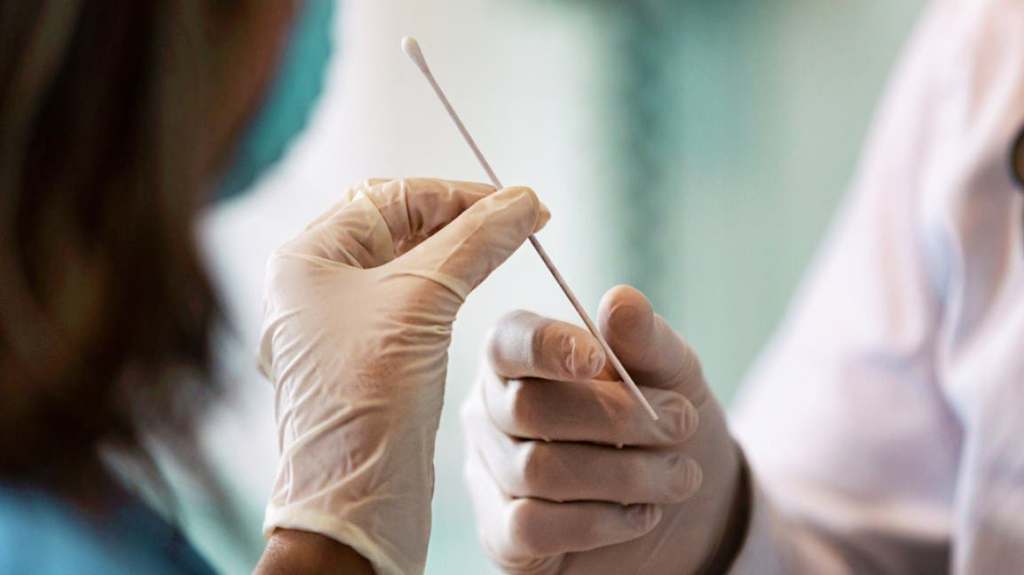Natural immunity and covid 19 vaccine

RECENTLY, a renowned virologist, Prof Sunday Omilabu, Director of the Centre for Human and Zoonotic Virology, Lagos University Teaching Hospital and College of Medicine, University of Lagos, cautioned against vaccinating Nigerians who have acquired natural immunity to the COVID-19 virus. According to the virologist, giving the vaccine to such people could jeopardise their natural immunity.
Although Prof. Omilabu’s concept of acquired natural immunity tends to provide explanation to the low fatality rate of COVID-19 in Sub-Saharan Africa, it also appears to substantiate the doubts sceptics of COVID-19 vaccine harbour about the vaccines.
To clarify the don’s views, Prof. Omilabu is not against COVID-19 vaccinations. What he is saying is that before administering the vaccine, we should do an antibody test first to determine the level of natural immunity one has. In any case, there are guidelines for vaccination.
Generally, immunity is relative – it can be natural or acquired, high or low; strong or weak. Immunity varies at different times, depending on the state of one’s health.
In some sense, vaccines provide artificial immunity. The immunity could be lifelong or require booster shots at intervals. It all depends on the infection and the integrity of the immune system.
Truly, there are some infections to which the body naturally acquires immunity, but the levels of natural immunity vary from one individual to another. So, vaccination may or may not be required.
From all indications, the COVID-19 case in sub-Saharan Africa is peculiar. For that reason, our medical scientists need to urgently get down to work to determine what will work for us.
European and American scientists are busy now trying to solve their problems and may not have time for a continent that has so far escaped an major spike and catastrophe.
Just as the virologist suggests, everyone in sub-Saharan Africa may not need the COVID-19 vaccine. The challenge is to determine those who need it and those who do not. The hope, however, is to first control the virus, and then, eventually eradicate it through vaccination.
Although the vaccines are novel, experts agree they are generally safe. Unlike conventional vaccines, they do not contain the real virus, but utilise a genetic code to trigger an immune response to the virus.
Mass vaccinations are generally recommended for COVID-19, although for now, the beneficiaries are prioritised because enough doses are not yet available. Persons considered to have high risks of contracting the disease, such as frontline healthcare workers, persons aged 50 and above and persons with co-morbidities, are included.
Currently, all countries are carrying out mass vaccinations, with exemptions for pregnant women, young children and persons who develop allergy to vaccines. Even persons who have been infected with the virus but have recovered should be vaccinated.
Those who have had the infection but recovered are also expected to be vaccinated. As variants of the COVID-19 virus are emerging, even persons who have natural immunity may need to be vaccinated too after antibody tests.
The risk of harm from being vaccinated is much lower than the risk of infection with the virus.